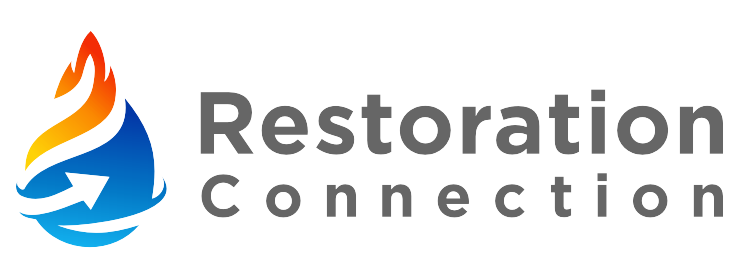When filling an insurance claim, establishing good communication with your insurance company can take a lot of work. Often, the insurance company will try to handle everything over the phone and off the record, but it is essential to get everything written down and documented to have full proof of all conversations and contracts made.
Tips for Advocating for Yourself with Insurance Companies
Here are some of our top tips for making sure the insurance claims process goes as smoothly as possible:
- Documentation. Document every single interaction that you have with your insurance company so you know the exact status of every detail of your claim. If you have a promise made over the phone or in person, follow up with an email or written letter to confirm the claims made in writing.
- Be proactive. Give your insurance company a list of damaged things and the exact amounts you are expecting to receive for all of those items. Don’t wait for them to tell you what they can give to you.
- Don’t mistake their friendliness for them being a friend to you. Don’t give any more information than needed. This is a professional interaction and anything you say may later be used against you. Also, avoid saying anything negative or expressing frustration. They may be recording every conversation and could use your impatience or uncooperative attitude against you.
- Wait to sign any confidentiality or non-disclosure agreements until you speak with an attorney or insurance claims consultant. This can also negatively impact your ability to obtain full policy benefits.
How are Most Insurance Companies Organized?
To fully understand the insurance claim process, let’s dive into the organization of most insurance companies. Each person you talk to at an insurance company has an upper limit of dollar authority that they can give to settle your claim. The further up the company ladder that you get, the limit gets higher. This is the order, starting with those who have the smallest limits:
- Adjusters
- Supervisors
- Unit Managers
- Assistant Managers
- Claims Manager/Claims Vice President
- Regional Claims Vice President
- Home Office Claims (several levels within this level):
- Field Management – Senior Vice President of Regional Management
- Technical Managements – Vice Presidents in charge of auto, liability, and property
- Major Claims – Vice Presidents in charge of asbestos, lead paint, and other long-occurrence exposures and complex claims
Work with Professionals
Filing an insurance claim can be extremely difficult and hard to manage. That’s why it’s important to work with a professional who can handle all the details for you. This guarantees that you get the maximum amount of money possible to restore your damaged items and property. Reach out to the experts at Restoration Connection for full-service help from helping with adjusting claims to excellent restoration services! Visit our website or call us to see how we can assist you and help get your property back to normal.



